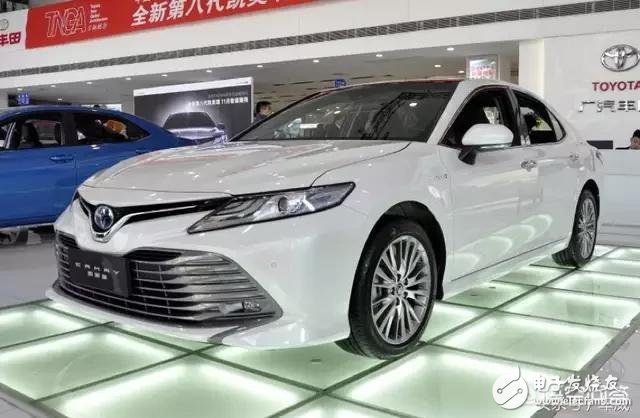Which is better between a car's oil-electric hybrid and plug-in hybrid? This is a great and frequently asked question, one that many car buyers should understand. For decades, cars have relied on gasoline, and even today, most still do—but the way they get power has evolved significantly. Many automakers now offer both hybrid and plug-in hybrid models, making it harder for consumers to choose. In this article, I’ll break down the differences and help you decide which option suits your needs best.

Hybrid electric vehicles combine a traditional gasoline engine with an electric motor, often using permanent magnet or synchronous technology. These vehicles don’t require external charging, as the motor is powered by regenerative braking and the engine. The main benefit is reduced fuel consumption and lower emissions, making them ideal for city driving. They’re convenient and eco-friendly, but their higher price tag can be a barrier for some buyers. While they offer long-term savings, many consumers still compare them to traditional gas-powered cars, which limits their popularity in the market.
Plug-in hybrids, on the other hand, also use a gasoline engine but add a larger battery that can be charged externally. Unlike regular hybrids, plug-in models need to be plugged into a charging station to recharge. However, the current infrastructure for charging stations is still developing, especially in rural areas. This means owners often have to plan ahead for charging, which can be inconvenient. Additionally, battery range is limited, so these vehicles may not be the best choice for long trips without access to charging points. As a result, plug-in hybrids are still less common than standard hybrids.
In summary, both hybrid and plug-in hybrid vehicles have their advantages and disadvantages. If you live in a city with heavy traffic and high fuel prices, a regular hybrid might be the better choice. However, if you're looking toward the future and want to take advantage of government incentives for new energy vehicles, plug-in hybrids could become a more attractive option as charging infrastructure improves. For now, hybrids remain a practical and reliable choice for most drivers, while plug-in hybrids are a promising but still evolving alternative.
Wonke Electric CO.,Ltd. , https://www.wkdq-electric.com